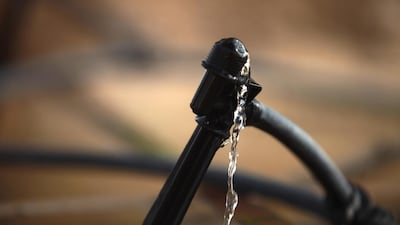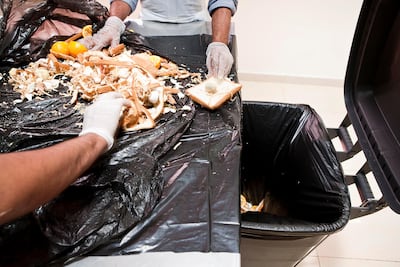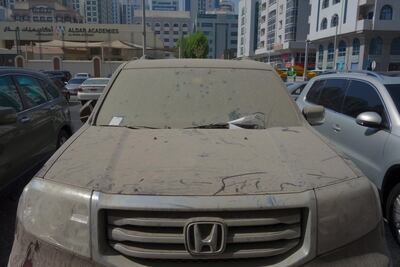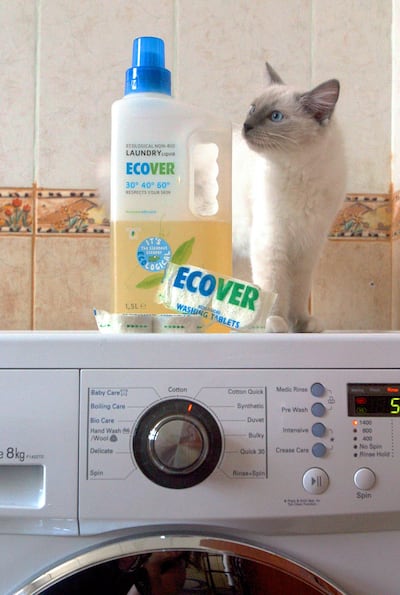The average Abu Dhabi apartment dweller uses between 180 to 190 litres of water every day. That’s enough to fill half a bathtub. If we keep using at the current rate, there will be no natural fresh water left in Abu Dhabi within our lifetime.
Most of our household water consumption comes from desalination plants, which run on natural gas, are costly and harmful to the environment.
Here are 10 easy ways to do your part.
____________
Special report: Abu Dhabi's dwindling water reserves charted in worrying Sorbonne study
____________
1. Take shorter showers. A minute in the shower can use 17 litres of water. Set a timer or shut off the shower while lathering up. Every minute counts.
2. Eat like a vegetarian. A vegetarian diet can cut your water-related food imprint by 36 per cent. It takes 9,000 litres of water to produce a pound of meat and just 94 litres to produce a pound of wheat. Eat the occasional meatless meal or cut back on dairy to do your bit.
3. Slash your food waste. In Abu Dhabi, each person produces an average of 1.73 kg of food waste a day. Only buy what you will use and cook what you will eat.
4. Wash vegetables in a bowl instead of using a running tap. For bonus points, try steaming them instead of boiling.
5. Buy less. It takes 12,000 litres of water to make your smartphone and 20,000 litres of water to produce one kilogramme of cotton. That’s the equivalent to one T-shirt and a pair of jeans.
6. Let your car get dusty. This may be the land of the shining SUV but consider this: the average hose uses six litres of water every second. A ten minute car wash takes 378 litres of water.
7. Reuse your towel. Do you need a fresh towel after every shower?
8. Launder well. Washing one load of laundry uses far less water than two half loads. Old washers can use up to 170 litres a load. Buying an efficient water could cut this down to 19 litres.
9. Throw rubbish in the bin. The toilet bowl is not your rubbish bin. Every flushes uses between nine to 12 litres of water.
10. Cut out plastics. You’ll not only stop adding to the mountain of plastics filling the earth, you’ll be saving a lot of water. It takes 5.6 litres of water to make a single plastic bottle. Those plastic bags? They add up too.
Bonus: Invest ethically. Academic research from 2013 found that corporations control an estimate five per cent of the water the world uses annually. When corporations buy farmland, they are often buying the rights to freshwater in poverty stricken areas. When you buy, and when you invest, think about what you are supporting.




